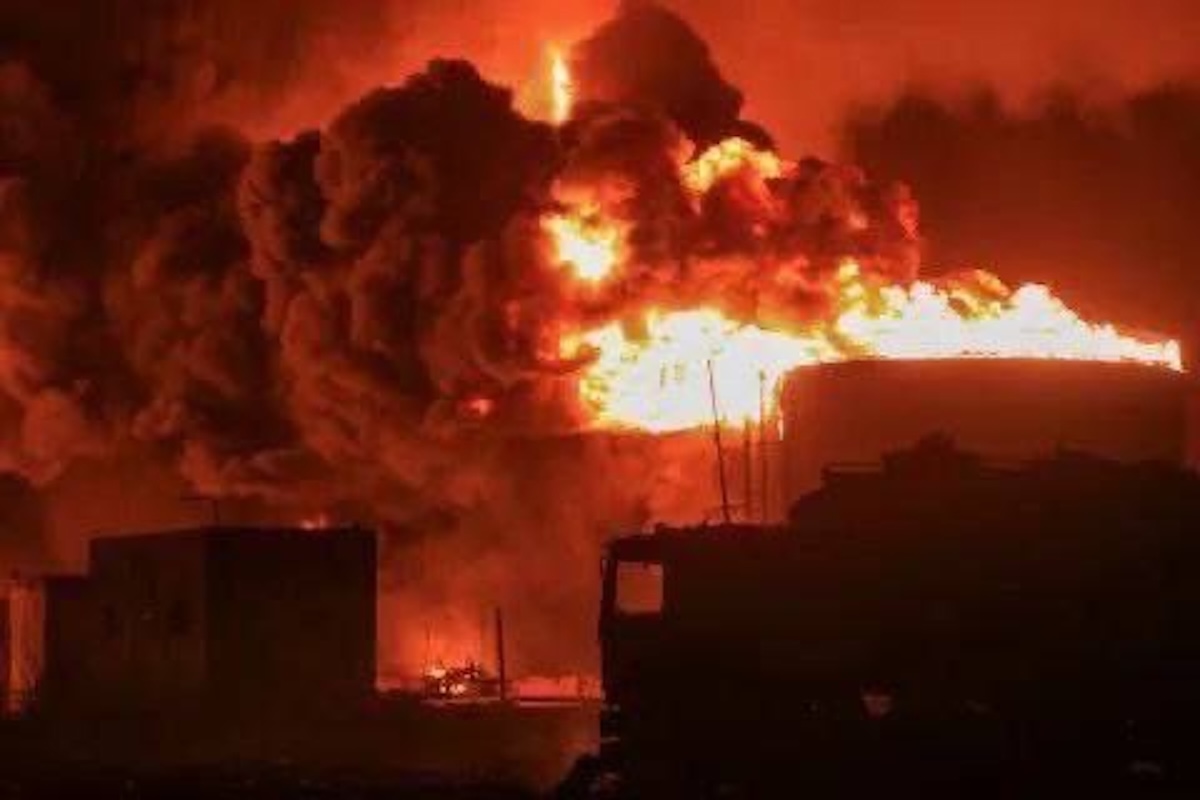As regional tensions escalate following Israeli airstrikes on Hudaydah in western Yemen, divergent positions emerge within Western think tanks regarding the effectiveness of U.S. military interventions in Yemen and the prospects for further escalation with Iran.
An in-depth analysis of these think tanks’ policies reveals a dual approach: a relative support for military operations against the Houthis within strategies to contain Iranian influence, contrasted with explicit warnings that excessive escalation could lead to an uncontrollable regional explosion.
Conservative Think Tanks: Hudaydah as a Geopolitical Battleground
The Center for Strategic and International Studies (CSIS) views U.S. airstrikes, whether direct or through support for the coalition, as part of efforts to protect maritime security and contain Iranian expansion in the Red Sea. It considers the operations carried out since 2024 as essential to ensuring freedom of navigation in the Bab el-Mandeb Strait, although it underscores the need to minimize humanitarian damage.
The Heritage Foundation, known for its conservative stance, adopts a more explicit position, supporting the Trump administration’s firm approach towards the Houthis. It sees the strikes as part of a broader policy to confront Iran, criticizing the Biden administration for its perceived leniency toward escalating security threats in Yemen.
Critical Think Tanks: Humanitarian and Diplomatic Costs
On the other hand, the Brookings Institution calls for a more balanced approach, criticizing continued U.S. support for the Saudi coalition. Some pro-Israel lobbying groups are blamed for fueling an anti-Iran policy that impacts Washington’s decisions on the Yemen issue. It calls for the lifting of the blockade and intensifying diplomatic pressure for a political settlement.
The RAND Corporation, renowned for its in-depth strategic and military analysis, warns that U.S. military involvement carries strategic and diplomatic costs. It notes that continued airstrikes could deepen the conflict with Tehran and increase regional instability. It also points out that the humanitarian crisis in Yemen weakens the legitimacy of U.S. foreign policy.
European Institutions: Focus on International Law
European think tanks, such as the International Institute for Strategic Studies (IISS) and the Stockholm International Peace Research Institute (SIPRI), express growing concern over the humanitarian consequences. While they understand the security motivations, they believe that repeated attacks on Yemen’s infrastructure are a flagrant violation of international humanitarian law, calling for a freeze on arms sales and a focus on diplomatic solutions.
Is Escalation with Iran a Red Line?
One common ground among these think tanks is the warning against opening a direct front with Iran. Even institutions that support the strikes argue that dragging Tehran into a military confrontation would complicate the regional landscape.
The Middle East Institute (MEI), known for its balanced approach, stresses the importance of including the Houthis in any peace negotiations, warning that their exclusion will leave the conflict open to further external interventions.
Conclusion
These approaches reveal a duality in Western strategic thinking: support for military operations as a tool for pressure and containment, but a reluctance to engage in broad escalation, especially with Iran. The priority, according to most of these institutions, remains pushing for a political settlement to end the war in Yemen and prevent a broader security and humanitarian disaster in the region.


